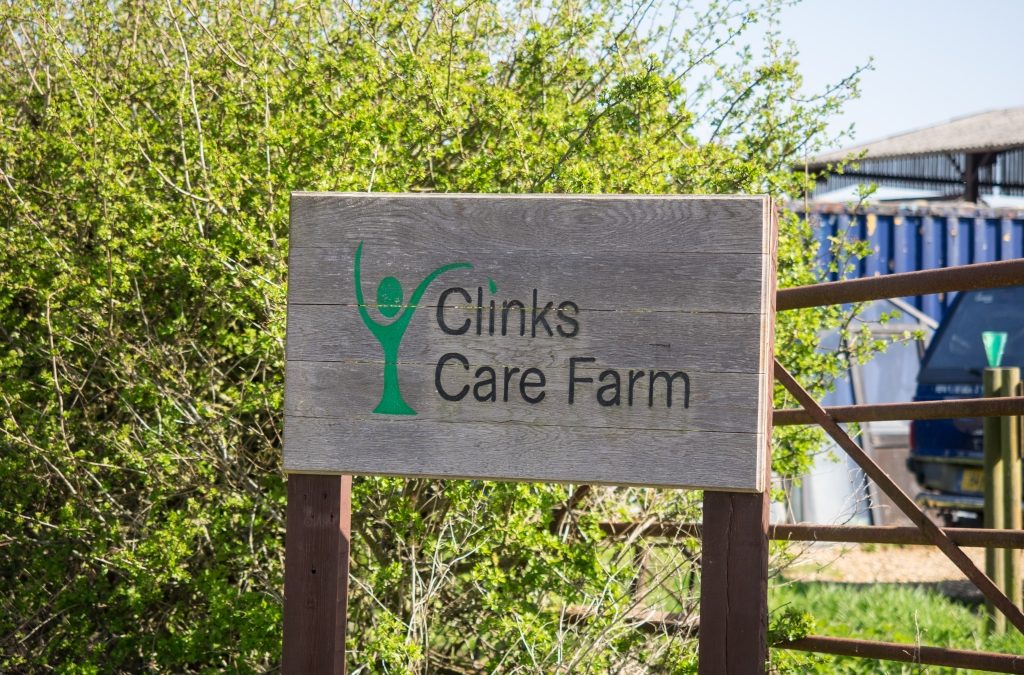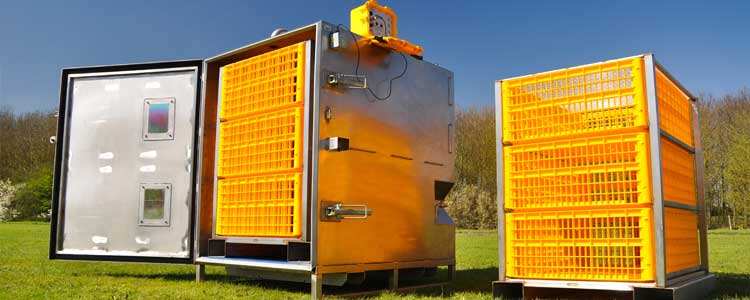The challenges and risks for backyard poultry owners and small producers from avian influenza (AI)
Poultry is defined as any type of domesticated bird, which is kept for the production of eggs or meat, including birds such as chickens, ducks, geese, turkeys and guinea fowl. As keeping backyard poultry becomes increasingly more popular, with keepers enjoying raising baby poultry including chicks, ducklings, goslings, and poults, and a rise in the amount of people who like fresh eggs, it is critical that these owners are aware of the risks to their birds and themselves.
Whilst keepers of smaller flocks of 50 chickens, geese, ducks or game birds are legally required to be registered with the Department for Environment, Food and Rural Affairs (Defra), keepers of any quantity under 50 do not legally have to register theirs.
However, Defra does encourage keepers of poultry under 50 to voluntarily register their birds to make it easier and quicker for them to be contacted in a disease outbreak situation, for things such as avian influenza prevention zones, so that these keepers can take the necessary precautions needed to ensure the safety of their birds.
The risks to backyard poultry owners and small producers are usually associated with inadequate biosecurity. These risks can often be from a new supplier of birds, feed or equipment who you have not used before, so knowing your suppliers have good biosecurity in place is paramount.
Another biosecurity issue for owners is the presence of wild birds mixing with your flock, as this season’s avian influenza (AI) was mostly spread by swans, ducks and geese but gulls, herons, egrets, and birds of prey also play a part.
What can backyard poultry owners and small producers do to mitigate the risks?
As a backyard poultry owner, it is important to understand the risks, so that it is easy to identify the ways in which you can mitigate them.
It is important that all poultry keepers maintain a good level of knowledge about flock management, husbandry, health problems and disease prevention. Keepers are also encouraged to make a veterinary flock health plan and keep good records, including a medicine book.
Ensuring that high standards of flock biosecurity and hygiene are kept at all times, is also very important, coupled with high quality management, to maintain higher standards of poultry health and welfare.
As a poultry keeper, you should know what the Government expects of you. Any backyard poultry keepers or small producers who keep poultry need to ensure they have a good understanding of the Government’s welfare code of recommendations. These codes aren’t law but if they are not followed they could be used as evidence in court if you’re prosecuted for causing unnecessary suffering to livestock or poultry. As a keeper of animals, it is also your duty to meet the bird’s welfare needs and make sure they do not experience distress or suffering.
Poultry keepers should keep up-to-date with the latest expert thinking and Government advice on keeping poultry, and have a good knowledge of flock management, husbandry, the potential health problems of your birds and disease prevention.
Most recently, Government officials also recommended that all bird keepers should have a contingency plan in place in case they find themselves in a controlled zone.
In addition, creating a biosecurity plan is also vitally important for all bird keepers or breeders no matter how small their flocks – as good biosecurity is what protects your birds from the risk of infection and is a cornerstone of animal welfare.
In your biosecurity plan you should have up-to-date medical records and correspondence from your vet, records of visitors and vehicles, the birds you introduced into the flock, when and where they came from, and much more.
Disease outbreaks impact birds around you
Despite owning a small flock of under 50 birds, backyard poultry keepers can play a big part in the rapid spread of disease as birds migrate across the country.
If you fall victim to an outbreak, farms in your local area can also be impacted by being forced into protection and surveillance zones, which negatively impacts their operations and profitability as well as your reputation locally.
With the most recent strain of highly-pathogenic avian influenza spreading faster than other strains, it is vital that backyard keepers know the symptoms. The symptoms can vary greatly depending on the type of breed of the bird, the weight and also on how much space your flock has to move in. Find out more about avian influenza and its symptoms here.
Livetec Systems are experts in biosecurity and disease prevention
Excellent biosecurity measures and protocols remain any premises’ best defence against all and any disease outbreak.
If the current AI endemic and past season has taught bird keepers anything it is that biosecurity is more important than ever.
For over a decade Livetec has been involved in most notifiable disease outbreaks in the UK, from avian influenza, to salmonella, blackhead disease, e.Coli and more. Our years of experience, knowledge and scientifically-backed research help us to create bespoke biosecurity strategies and contingency plans to help bird keepers across the country to protect their livestock and livelihood.
To find out more visit www.livetecsystems.co.uk








